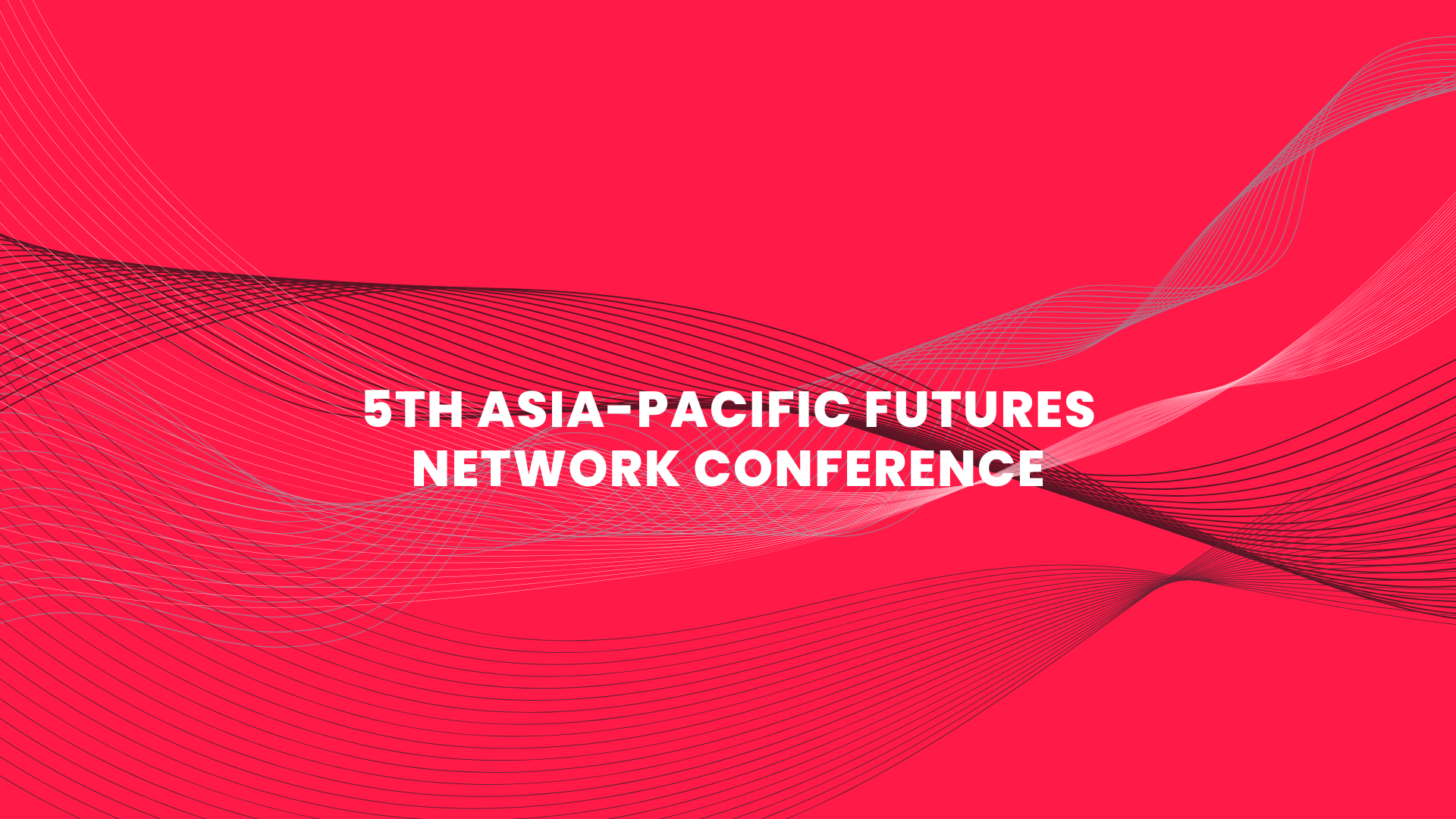
5th Asia-Pacific Futures Network Conference
Hosted in Bangkok for the second time, the 5th APFN conference intends to take a three-track approach catering to practitioners, academic researchers, and government leaders simultaneously. The organizers of the conference intend also to increase the profile of the work futurists are doing especially in the ASEAN region. This year Thailand is the chair of the Association of Southeast Asian Nations (ASEAN). Thailand is also actively discussing the 4th Industrial Revolution, the Digital Economy 4.0, and other future-oriented themes.
This year’s conference seeks to understand the changing futures of Asia with a concentration on ASEAN. Our focus, in particular, is on ASEAN 2030. Thematic areas for the conference are economy, knowledge, and security. Based on current trends, what might the region look like in a decade? What are emerging issues/disruptors that could take change this trajectory? And what are the alternative futures of ASEAN and the broader Asia-Pacific region?
Questions we see as relevant are can the knowledge economy drive the region, the way manufacturing did earlier? Can we imagine the beginnings of an Asian confederation that can enhance security, especially in the light of threats from dramatic climate change? How might the economy for nations, communities, individuals, and the region as a whole transform? Will the rise of China, micro-manufacturing, blockchain, challenges to patriarchy, and transformations in traditional factory-based education are significant in changing the future?
While policymakers often desire precise answers to these questions, futurists have learned that these are best answered as alternative futures, as scenarios of the possible, plausible, and preferred.
Along with alternative futures, case studies of foresight in practice from the government, the private sector, and the community arena will be highlighted.
Last but not least the APFN is a peer-to-peer learning conference with extended space for networking and through interaction, genuine knowledge sharing. Moreover, we wish to enhance the futures literacy of newcomers to the field to allow them to make more informed policy and strategic decisions today for tomorrow.
Objectives
- To imagine the futures of ASEAN and its neighbours; explores disruptions, and create alternative futures
- To share methods, tools, and innovations for futures thinking and strategic foresight
- To support the advancement of methods, practices, and complementary approaches to the changing needs of policymakers
- To demonstrate how foresight has influenced policy processes and decisions
- To promote cooperation and networking among participants as well as share experiences between members of different organizations and backgrounds
- To stimulate the uptake of these approaches and exchange between practitioners and policymakers and ultimately to increase the profile of futures thinking and foresight in the Asia-Pacific.
For more please proceed to the APFN 5 official link https://sites.google.com/view/apfn2019/home
